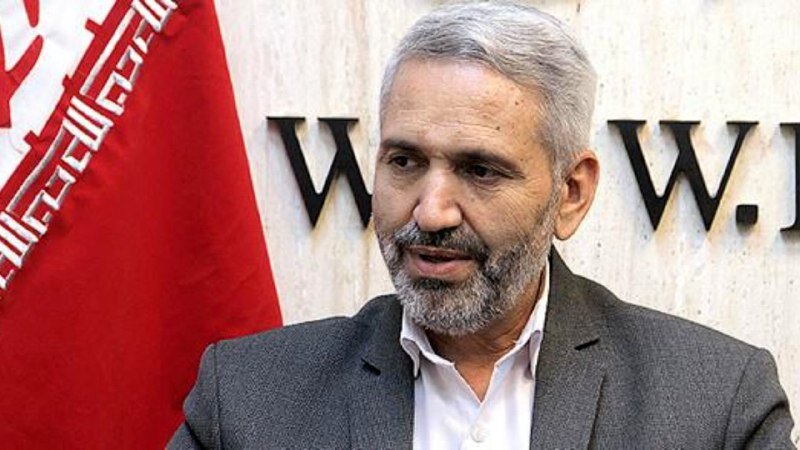TEHRAN – Iranian lawmaker Alireza Nazari has reacted to recent sanctions imposed by the European Union on a number of Iranian individuals and entities, saying sanctions do not impact Iran’s will.
“The Westerners have shown double behavior during the past few decades, they raise the issues of human rights but they acted contrary to their statements,” he told parliamentary news agency ICANA.
Nazari added, “On the one hand, the Europeans talk about negotiations, JCPOA and Iran's adherence to the commitments of the nuclear agreement, but on the other hand, they follow issues in our region that are in line with tension, hostility, war and enmity.”
He stated, “Europeans should know that the conditions of the Islamic Republic today are different from 43 years ago and the initial years of the victory of the Islamic Revolution. We have our hands open for countermeasures and if they are going to use the tools of sanctions and misuse of international organizations against Iran and the capacity of their media empire against the Islamic Republic, Iran, considering the powers it has in the field of action, will foil all their plans in the West Asia region just as it has done so far.”
He noted, “America is not the only superior power in the world, and the Europeans should also know that with the combination of military, economic and political powers in today's world, they cannot be the only power. The Islamic Republic of Iran has enjoyed superior power by being a member of the Shanghai Cooperation Organization, the long-term cooperation agreement between Iran and China, and Iran and Russia, and developments in the region.”
He concluded, “In the current situation, the West is moving towards isolation, and with the recent sanctions measures, which are mostly propaganda and space-building, it cannot influence the will of the Islamic Republic of Iran. In the future, the Islamic Republic will have the upper hand in the region.”
Tensions have recently escalated between Iran and the West over sanctions imposed by the latter, particularly with the regard the possibility of the European Union blacklisting the Islamic Revolution Guards Corps (IRGC), which seems to be under consideration in the EU corridors of power.
Iranian Foreign Minister Amir Abdollahian has made it clear that Iran is mulling a range of options in response to the IRGC designation, including the strategically important possibility of withdrawing from the NPT.
Speaking after a Parliament closed session, Amir Abdollahian did not rule out Iran's withdrawal from the NPT. “Every possibility is probable,” he said in remarks to ICANA. He was responding to a question on whether Iran will quit the NPT if the EU puts the IRGC on its terrorism list.
In addition to the NPT option, Iran is also mulling other options. Abolfazl Amouei, the spokesman for the parliamentary committee, said Sunday that the committee has prepared a three-point response in case the EU pressed ahead with the IRGC designation.
He said the Committee held two extraordinary meetings on the IRGC designation on Saturday and Sunday to brainstorm a response to the EU.
“We have also prepared a plan. And to reach this plan, we invited all people with opinions and ideas to the parliament. The outcome of these meetings was a 3-point plan, which will probably be announced in today's public meeting of the parliament,” Amouei told the parliament news agency ICANA.
He added, “The subject of this plan is a countermeasure that the government of the Islamic Republic of Iran is obliged to implement. If the European side includes the authorities or institutions of the country, including the institutions mentioned in the constitution, such as the Islamic Revolution Guard Corps or Basij Mustazafin, in the list of terrorist organizations of the European Union, there will be a reciprocal and corresponding reaction.”


No comments:
Post a Comment